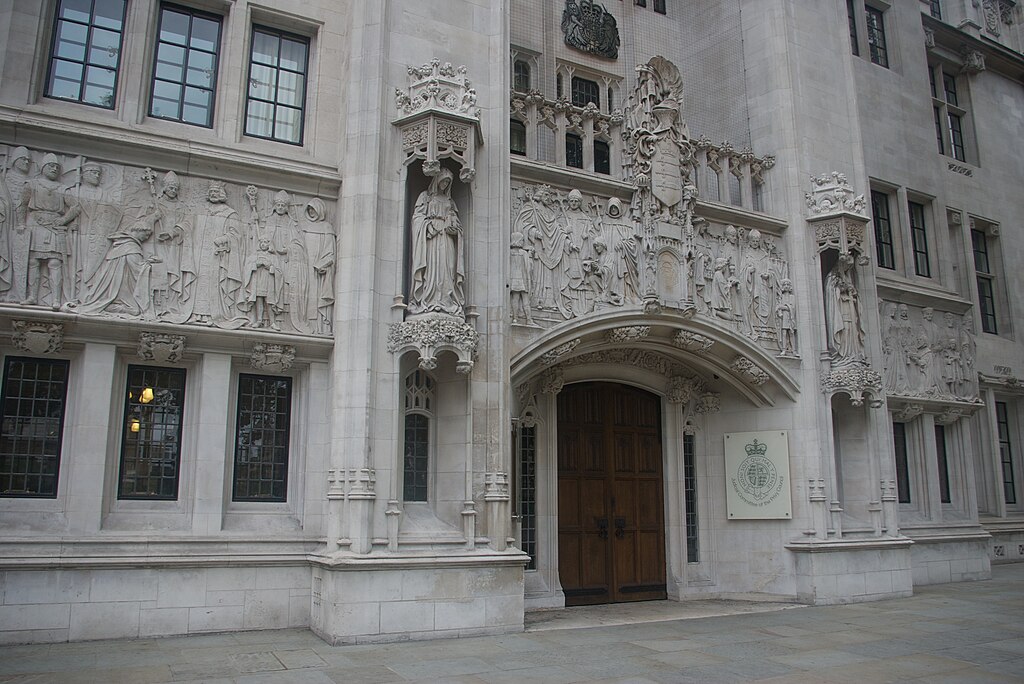Stephenson Harwood calls for urgent legislative reversal as CAT filings fall to record low
The number of collective actions filed at the UK’s Competition Appeal Tribunal (CAT) has plummeted to just three this year, with a leading law firm warning that the Supreme Court’s decision in PACCAR has triggered a “funding crisis” that threatens the future of the regime itself.
According to a new report by City law firm Stephenson Harwood, the fallout from the 2023 PACCAR ruling has had a “chilling effect” on group litigation, prompting an almost total collapse in new filings and forcing funders to rewrite or withdraw agreements worth millions of pounds.
The firm said the judgment, which reclassified certain litigation funding agreements as damages-based arrangements, had “created a funding crisis that threatens the regime’s very existence”.
Its report, Realising the Benefits of Competitive Markets – Strengthening the Competition Appeal Tribunal, called for urgent legislative intervention to reverse PACCAR retrospectively, warning that “without a stable funding environment, no amount of procedural tinkering will restore confidence”.
Stephenson Harwood said 17 collective proceedings were filed with the CAT in 2024, but only three have been launched so far this year. Hearing days have also fallen by 59% from their 2022 peak. The firm said this decline showed that uncertainty over litigation funding had “crippled” access to justice for consumers and businesses.
Embed from Getty Images
The report was released as the Department for Business and Trade reviews submissions to its call for evidence on the collective actions regime. It was published days before Apple’s recent £1.5bn defeat at the CAT — the first collective action to reach a successful trial outcome in the UK.
Stephenson Harwood urged the government to expand the CAT’s jurisdiction beyond competition law to include data privacy breaches, consumer protection violations and other “mass harm” claims. The firm estimated that a broader regime could deter up to £24.2bn in anti-competitive harm each year.
Former CAT president Sir Gerald Barling, writing the foreword to the report, said the PACCAR ruling had inflicted “undoubtedly the most pressing problem with the system in its current form”. He warned that the decision had damaged “the machinery of third-party funding” that underpins collective proceedings.
“It has led to costly modification or substitution of previously agreed funding arrangements, together with satellite litigation arising from often opportunistic challenges by defendants,” he said.
Under the Supreme Court’s ruling, funders can no longer be remunerated via a percentage of damages but must instead be paid multiples of their financial outlay — a change Barling said had created “an undesirable separation between the interests of the class and those of the funder”.
He described the situation as “of the utmost urgency”, calling for legislative reversal “at the earliest possible time”. Without certainty around funding, he said, “the class action regime simply cannot function”.
Stephenson Harwood partner Genevieve Quierin said the CAT system “stands at a critical juncture” and urged ministers not to restrict the regime but to strengthen it. “Rather than limit the system, we need to nurture it through expansion, better case management and improved consumer engagement,” she said.
The report proposed several practical reforms, including earlier approval of funding arrangements at the certification stage to avoid later disputes, and new pre-action protocols to streamline case management, cost budgeting and timetabling. It also suggested beginning class identification earlier in proceedings to improve claimant participation.
Earlier this month, Stephenson Harwood joined 18 other law firms — including Stewarts, Mishcon de Reya, Leigh Day and Milberg — in signing a letter to Lord Chancellor David Lammy urging the government to legislate to overturn PACCAR. The firms warned that “investment from funders is draining away from the UK legal system” and that claimants “with limited means are struggling to access justice”.
A Ministry of Justice spokesperson said: “Third-party litigation funding plays a critical role in ensuring access to justice. We are committed to ensuring it works fairly for all. We welcomed the Civil Justice Council’s review earlier this year, which will help inform our approach to potential reforms in this area, and we’ll outline next steps in due course.”
